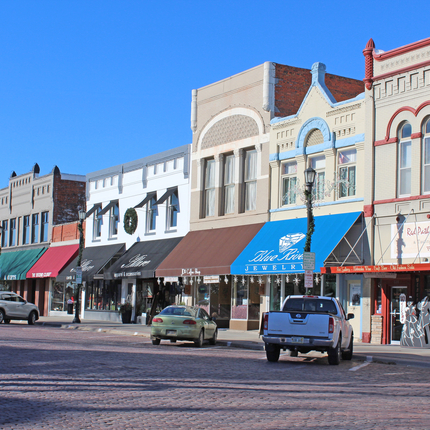In last fall’s election, enough rural voters switched party allegiance to account for Trump’s victory in several key Midwest and Rust Belt states.
Frustration over the economic plight facing their communities drove many of these voters.
Modern day Great Plains was built by settlers seeking economic and political independence. The region is built on widespread opportunity and the notion that hard work and dedication are all you need to get ahead.
A farm crisis in the 1980s eroded economic opportunity for many families. Free trade agreements of the 1990s undercut the region’s manufacturing sector. Parents began to fear their children would not be better off than they had been.
Against this backdrop, it’s little wonder rural voters went looking for a different path. We’re yet to know what results our collective choice will deliver. What is undisputed is that we need a new path forward.
A 2013 poll conducted by the Center for Rural Affairs found that rural voters were skeptical of government. Many think it doesn’t work for them. Designing a political system that addresses economic concerns of small town and rural people is key.
When government works for rural people, we know that rural voters are poised to embrace practical policies to create genuine opportunity.
In the coming months, the Center will put forward policy proposals for congressional consideration. Our proposals will be designed to be included in a tax reform bill and in the upcoming farm bill renewal.
These will be proposals that can attract support from across the political spectrum, are responsive to the expressed opinions of rural voters and are designed to create economic and community vibrancy in small town and rural America.
I invite you to join us in creating a government that works for rural people now and for our future.





